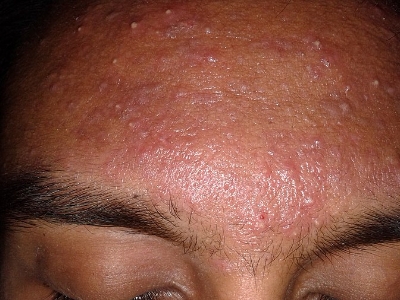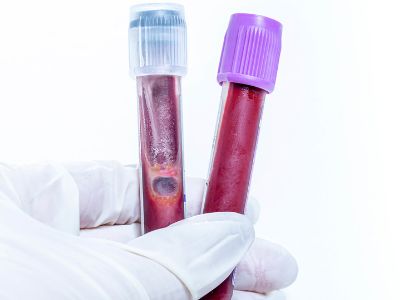Hirsutism

Hirsutism is a condition in women that results in excessive growth of dark or coarse hair in a male-like pattern. Hair usually grows on the face, back, and chest. It is caused by an excess of male hormones called androgens.

Symptoms of Hirsutism
When high androgen levels cause hirsutism, other signs might develop over time. Symptoms may include:
- Balding
- Acne
- Deeping voice
- Decreased breast size
- Enlargement of the clitoris
- Increased muscle mass
Who is at Risk for Hirsutism?
- Polycystic ovary syndrome
- Severe insulin resistance
- Changes in hormones due to menopause
- A family history of excess hair growth
- Pituitary gland disorder
- Use of medicine for endometriosis
- Disorder of the adrenal gland or thyroid gland
- Use of anabolic steroids or corticosteroids
What is the Cause of Hirsutism in Women?
- Polycystic ovarian syndrome. PCOS is a common hormonal condition that causes women to produce too many androgens. Additionally, PCOS can cause acne, abnormal menstruation, diabetes, weight gain, and infertility.
- Postmenopause. The hormonal changes in your body after menopause may lead to increased facial hair, including a mustache.
- Cushing’s syndrome. Cortisol overproduction leads to Cushing’s syndrome, which affects your hair, skin, nails, glands, and nerves. High blood pressure, diabetes, and rapid weight gain are also symptoms of Cushing’s syndrome.
- The natural production of androgens. All people have androgens, but men make more of them. Hirsutism may occur in females with high androgen levels or sensitive hair follicles.
- Other conditions. You may also have a more serious condition if your hirsutism is suddenly accompanied by symptoms like a deeper voice or acne. The conditions may include problems with your adrenal glands or ovaries, such as congenital adrenal hyperplasia or tumors on your adrenal glands or ovaries that produce androgen.
- Medications. Hirsutism can be caused by anabolic steroids, testosterone, cyclosporine, minoxidil, danazol, and phenytoin, among others.

How is Hirsutism Diagnosed?
Several blood tests can determine if elevated androgen levels are causing your hirsutism, including tests that measure testosterone levels or testosterone-like hormones. Your doctor might also examine your abdomen and do a pelvic exam to look for masses that could indicate a tumor. The diagnostic method includes a CT scan and ultrasound.
Treatments for Hirsutism
Treatments for hirsutism may include losing weight if you’re overweight this can help control hormone levels. You can also shave, wax, pluck, or use hair removal creams. The medication Finasteride is also recommended for the treatment of hirsute women with the polycystic ovarian syndrome (PCOS) or idiopathic hirsutism.



